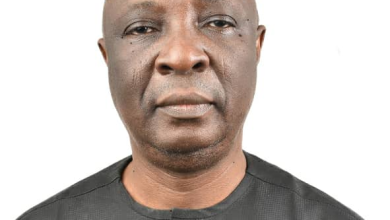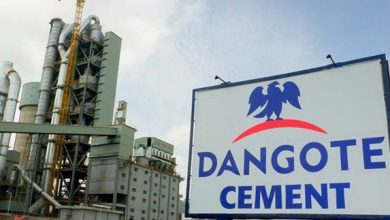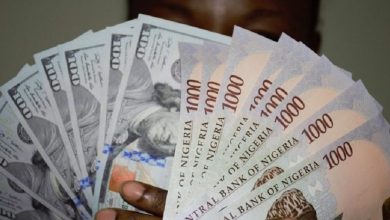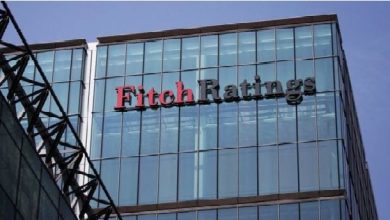EU Grants N320bn Credit Line to Support Nigeria’s Agricultural Growth
The European Union has approved a €190 million credit line to boost Nigeria’s agricultural sector.
The funding will support farmers and agribusinesses through local banks, promoting sustainable growth and food security.
Nigeria’s agricultural sector has received a major lift as the European Union approved a €190 million (about N320.5 billion) credit line to expand funding for farmers and agribusinesses across the country.
The financing, provided through the European Investment Bank, will be channeled via Nigerian commercial banks and development finance institutions to improve access to affordable credit for agricultural producers.
The facility was announced during a bilateral meeting between senior European Investment Bank officials and representatives of Nigeria’s Federal Ministry of Budget and Economic Planning on the sidelines of the Global Gateway Forum held recently in Brussels, Belgium.
In a statement on Monday, the Special Adviser on Media to the Minister of Budget and Economic Planning, Bolaji Adeniyi, confirmed the development.
EIB’s Director for International Partnerships, Thourayya Tricki, said the initiative reflects the EU’s strong commitment to supporting Nigeria’s economic diversification through climate-smart and sustainable agriculture.
“This credit line is part of our effort to strengthen agricultural value chains, particularly in cocoa and dairy,” Tricki said. “It will expand access to finance, promote sustainability, and improve competitiveness in Nigeria’s agri-food sector.”
She explained that the funding package combines credit support with technical assistance to help financial institutions manage agricultural risks and build long-term lending capacity.
Nigeria currently benefits from several EU-backed programmes, including an €18 million grant for vaccine regulation and a €50 million credit facility to expand financing in the pharmaceutical sector.
Representing Nigeria, Special Assistant to the Minister of Budget and Economic Planning, Bolaji Onalaja, and EU Unit Focal Officer, Benjamin Galadima, reaffirmed the government’s commitment to reforms under President Bola Tinubu’s Renewed Hope Agenda.
Onalaja said the government aims to create an investment-friendly environment through the forthcoming National Development Plan (2026–2030) and the Ward-Based Development Program to ensure inclusive economic growth at the grassroots level.
During the visit, the Nigerian delegation also held meetings with senior officials from the European Bank for Reconstruction and Development and the Directorate of International Partnerships to explore cooperation in renewable energy, green infrastructure, and industrial growth.
The delegation, speaking on behalf of the Minister of Budget and Economic Planning, Senator Abubakar Bagudu, who was on an official visit to Vienna, expressed appreciation to the Head of the EU Delegation to Nigeria and ECOWAS, Ambassador Gauthier Mignot, for facilitating Nigeria’s participation in the forum.
The Global Gateway Forum serves as the EU’s flagship investment platform for mobilizing public and private resources for projects that promote digital innovation, renewable energy, and human capital development.
In her keynote address, President of the European Commission, Ursula von der Leyen, reiterated the EU’s commitment to building mutually beneficial economic partnerships with African nations.
“We are expanding the Global Gateway Investment Package to €400 billion and launching a dedicated investment hub to accelerate project delivery, especially in Africa,” von der Leyen announced.
The new EU–Nigeria agricultural financing deal is expected to strengthen bilateral ties under the Global Gateway Strategy and boost Nigeria’s efforts to modernize its agricultural sector, improve food production, and enhance export competitiveness.



